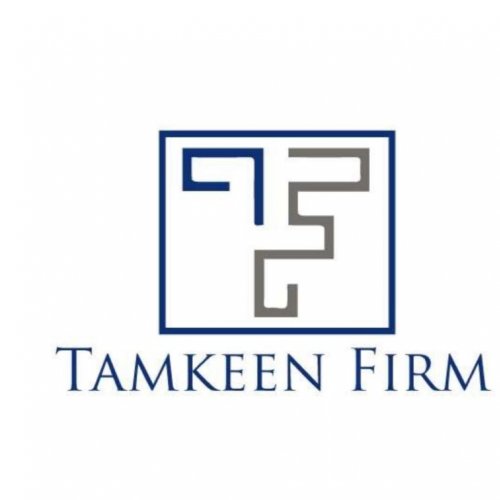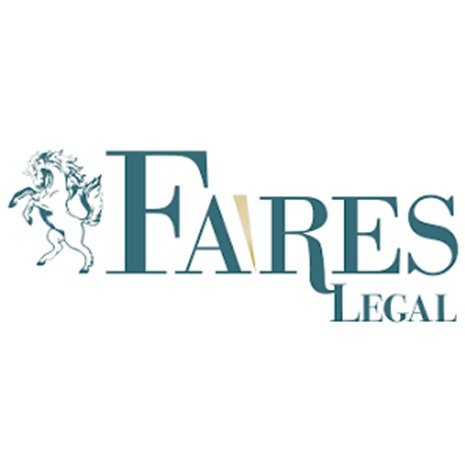Best Corporate & Commercial Lawyers in Tripoli
Share your needs with us, get contacted by law firms.
Free. Takes 2 min.
List of the best lawyers in Tripoli, Libya
About Corporate & Commercial Law in Tripoli, Libya
Corporate & Commercial law in Tripoli, Libya is a vital area of legal practice supporting the city's growing business community. Tripoli, being the economic hub of Libya, hosts a diverse range of local and international businesses. The legal framework governing companies, partnerships, commercial transactions, and trade activities in Tripoli is shaped by both Libyan legislation and certain international standards. Lawyers practicing in this field assist with company formation, compliance matters, contractual agreements, mergers and acquisitions, and dispute resolution among many other aspects. Understanding the legal landscape is essential for businesses seeking to operate efficiently and lawfully in Tripoli.
Why You May Need a Lawyer
Legal issues in the corporate and commercial field can be complex. Individuals and businesses in Tripoli may need legal assistance in situations such as:
- Establishing a new company or branch office
- Drafting and reviewing contracts with partners, suppliers, or clients
- Resolving business disputes, including those involving shareholders or partners
- Understanding compliance requirements under Libyan law
- Handling mergers, acquisitions, or joint ventures
- Protecting intellectual property or trade secrets
- Navigating foreign investment regulations
- Managing employment contracts and employee relations
- Addressing bankruptcy or insolvency issues
- Dealing with government tenders and public procurement procedures
Qualified lawyers can provide the necessary guidance to ensure that business activities comply with local laws and that risks are minimized.
Local Laws Overview
Tripoli's corporate and commercial legal system is primarily governed by national Libyan laws with certain city-specific regulations. The main legal sources include the Libyan Commercial Code, the Civil Code, and relevant ministerial decrees. Key aspects relevant to corporate and commercial law include:
- Company Formation: Companies must be registered with the Commercial Registry and obtain necessary licenses from local authorities. There are several types of companies available, such as joint stock companies, limited liability companies, and partnerships.
- Foreign Investment: Libya has specific regulations concerning foreign ownership and investment, usually requiring partnership with local entities and adherence to the Foreign Investment Law.
- Contract Law: Contracts must align with the general civil and commercial legislation. Written contracts are strongly recommended for commercial transactions.
- Employment Law: Employment relations are regulated under national labor law, which governs employee rights, contracts, and dispute resolution.
- Dispute Resolution: Business disputes can be settled in Libyan courts or, in some cases, through arbitration if agreed upon by the parties.
- Taxation: Businesses must comply with national tax obligations, including income tax, value added tax (if applicable), and social security payments.
It is important to consult with a local legal expert to ensure up to date compliance, as the regulatory environment may change.
Frequently Asked Questions
What are the main types of companies I can set up in Tripoli?
Common types include the joint stock company, limited liability company, and general or limited partnerships. Each structure has different requirements regarding shareholders, capital, and liability.
Can a foreigner own 100 percent of a company in Libya?
Generally, foreign investors must engage in joint ventures with Libyan nationals, unless a special exemption applies under Libyan investment law.
What is required to register a business in Tripoli?
You typically need to submit formation documents, provide proof of identity for directors and shareholders, prove office address, and obtain approvals from the Commercial Registry and relevant ministries.
How are commercial disputes usually resolved?
Disputes can be resolved through negotiation, mediation, litigation in Libyan courts, or arbitration if previously agreed by the parties.
Are contracts valid if not in writing?
While oral contracts can be enforceable, written agreements are highly recommended for legal certainty in commercial matters.
What are the main legal obligations for employers in Tripoli?
Employers must adhere to labor laws, provide contracts, ensure safe working conditions, pay social security contributions, and comply with termination procedures.
Is it necessary to have a local partner to do business in Tripoli?
Foreign companies often require a Libyan partner, especially in certain sectors, due to local regulations on foreign ownership.
What taxes do companies pay in Libya?
Companies may be subject to corporate income tax, social security contributions for employees, and other local levies depending on business activity.
How can intellectual property be protected?
Protection is available for trademarks, patents, and copyrights, but registration with the relevant Libyan authorities is essential.
What happens if my company faces insolvency?
Libyan law has procedures for bankruptcy and liquidation, requiring adherence to court-supervised processes to protect creditors and stakeholders.
Additional Resources
If you need more information or assistance, consider reaching out to:
- Libyan Ministry of Economy & Trade - Handles company registrations, commercial licenses, and trade regulations.
- Libyan Commercial Registry - Authority responsible for the registration and oversight of companies within Libya.
- Libyan Bar Association - Lists qualified lawyers specializing in corporate and commercial law.
- Ministry of Justice - Provides official guidance on business laws, court procedures, contracts, and dispute resolution.
- Chambers of Commerce - Offer business advice, networking, and advocacy for the business community in Tripoli.
Next Steps
If you need legal assistance with a corporate or commercial matter in Tripoli, consider the following steps:
- Gather all relevant documents and facts related to your issue
- Define your goals and any specific questions you need answered
- Research and contact a qualified attorney who specializes in corporate and commercial law in Tripoli
- Arrange a consultation to discuss your case and to review costs and timelines
- Stay informed and involved throughout the process to ensure your interests are protected
Early legal advice can help you avoid costly mistakes and ensure your business activities are legally compliant in Tripoli, Libya.
Lawzana helps you find the best lawyers and law firms in Tripoli through a curated and pre-screened list of qualified legal professionals. Our platform offers rankings and detailed profiles of attorneys and law firms, allowing you to compare based on practice areas, including Corporate & Commercial, experience, and client feedback.
Each profile includes a description of the firm's areas of practice, client reviews, team members and partners, year of establishment, spoken languages, office locations, contact information, social media presence, and any published articles or resources. Most firms on our platform speak English and are experienced in both local and international legal matters.
Get a quote from top-rated law firms in Tripoli, Libya — quickly, securely, and without unnecessary hassle.
Disclaimer:
The information provided on this page is for general informational purposes only and does not constitute legal advice. While we strive to ensure the accuracy and relevance of the content, legal information may change over time, and interpretations of the law can vary. You should always consult with a qualified legal professional for advice specific to your situation.
We disclaim all liability for actions taken or not taken based on the content of this page. If you believe any information is incorrect or outdated, please contact us, and we will review and update it where appropriate.
Browse corporate & commercial law firms by service in Tripoli, Libya
Tripoli, Libya Attorneys in related practice areas.











